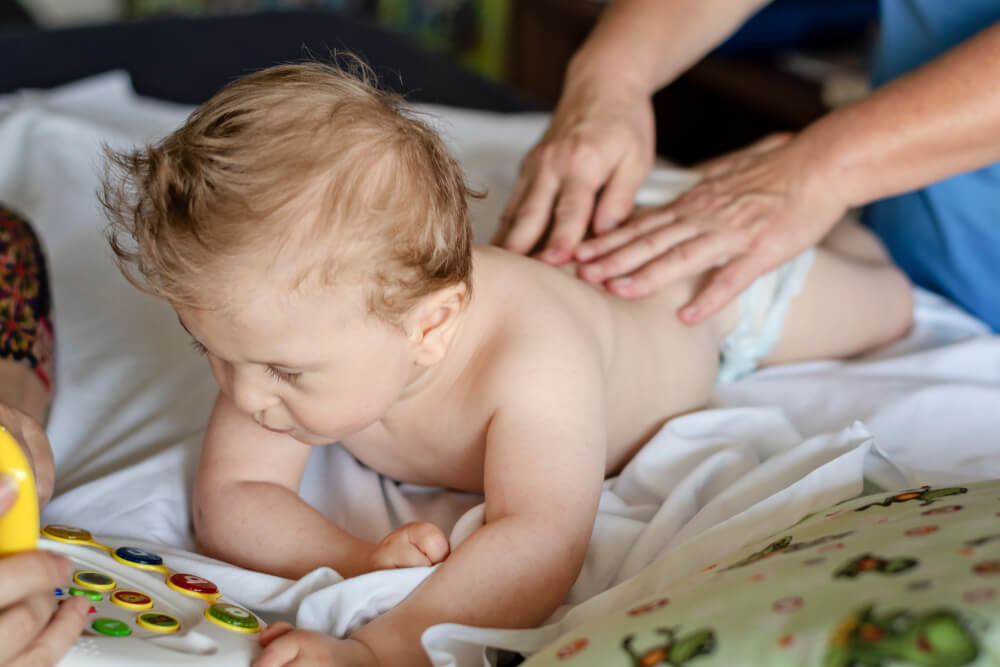Cerebral Palsy
Unfortunately, cerebral palsy is a common birth injury among children who have a low birth weight. This is because they are more susceptible to a birth disorder. If your child was born with cerebral palsy, you might be eligible to get financial support. Some people think of CP as a muscular disorder because it impacts the muscles. In truth, it classifies as a neurological disorder because it affects the brain. Many times, children with cerebral palsy will have an even harder time gaining weight. Parents have to feed their children with a special diet to ensure they continue to gain weight and grow. Infant weight gain issues can occur in children with CP because they can’t swallow food as easily as other children.

